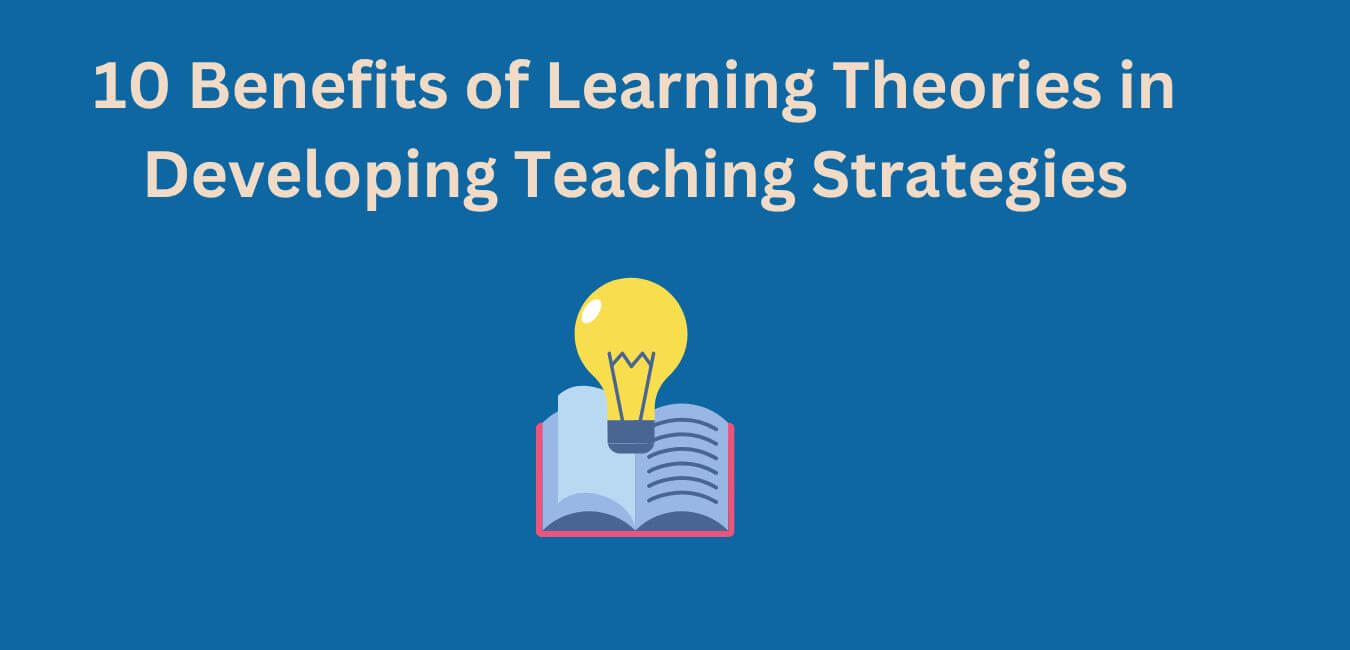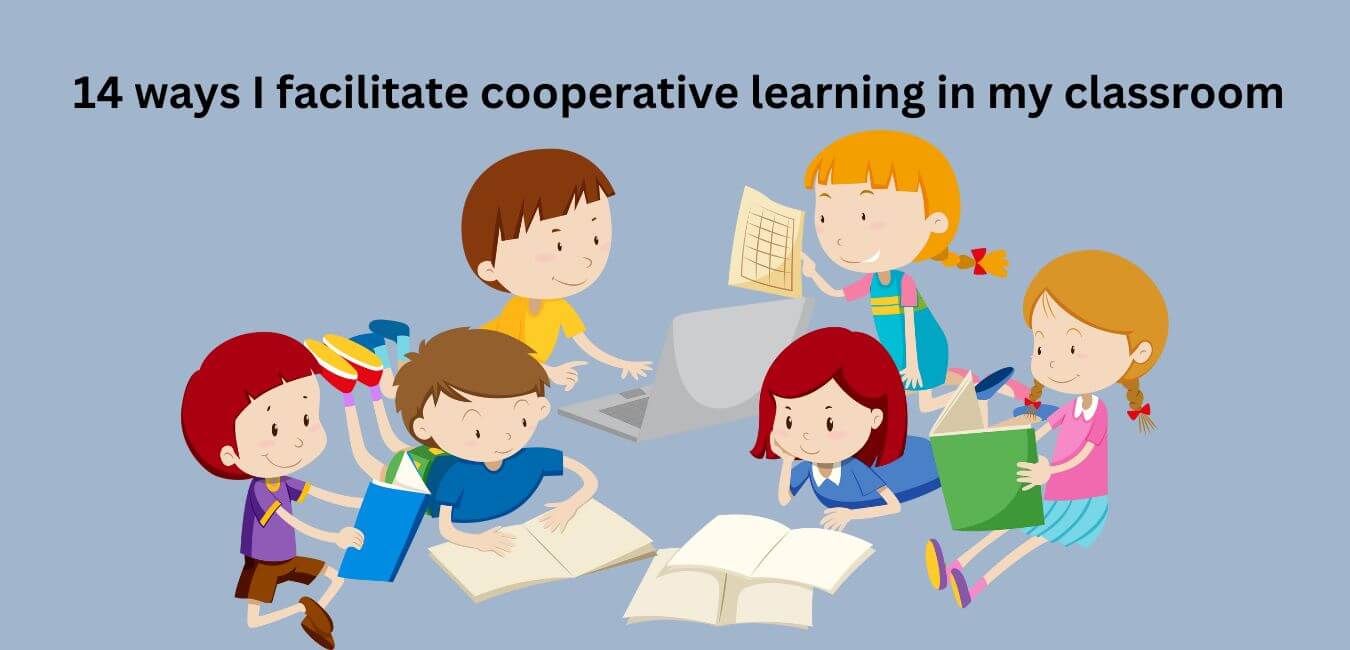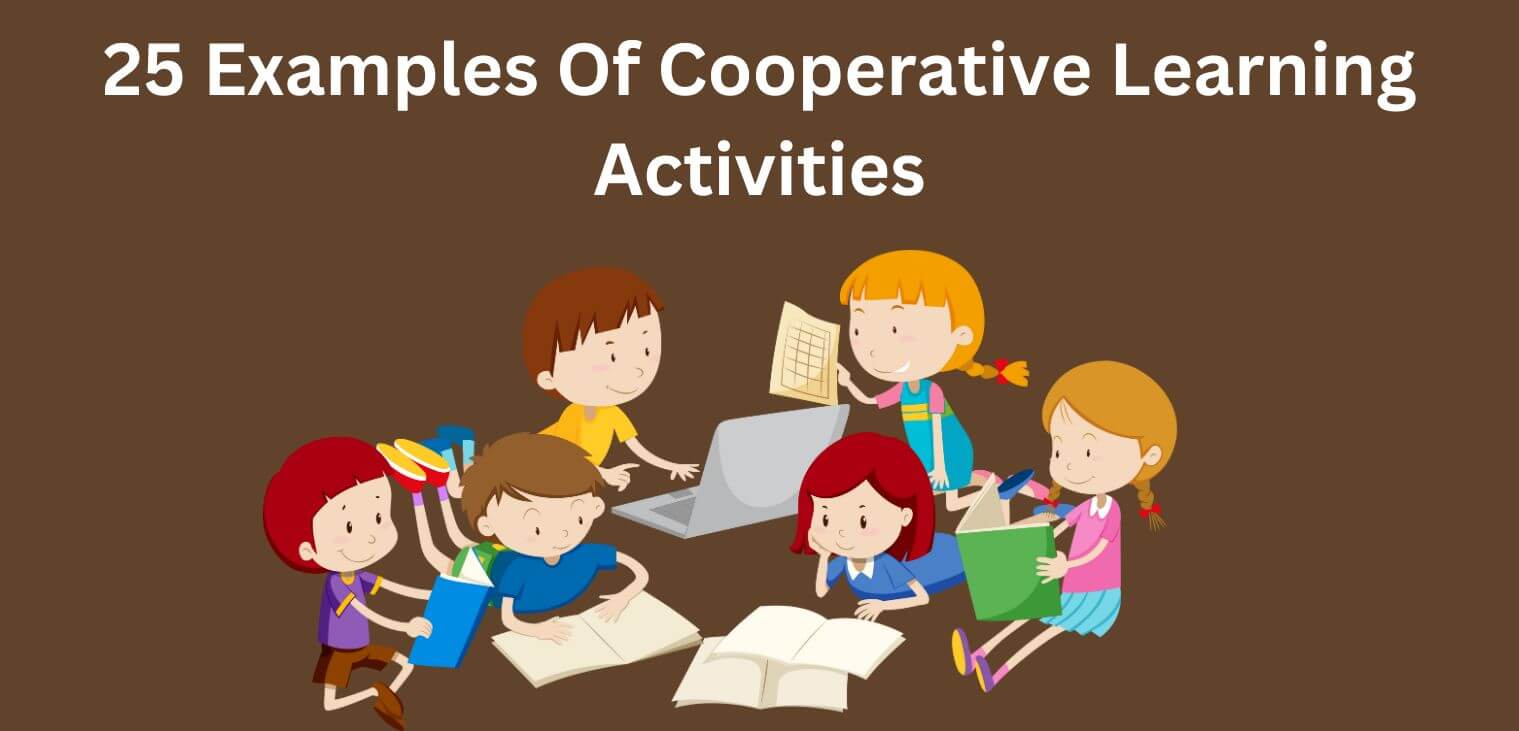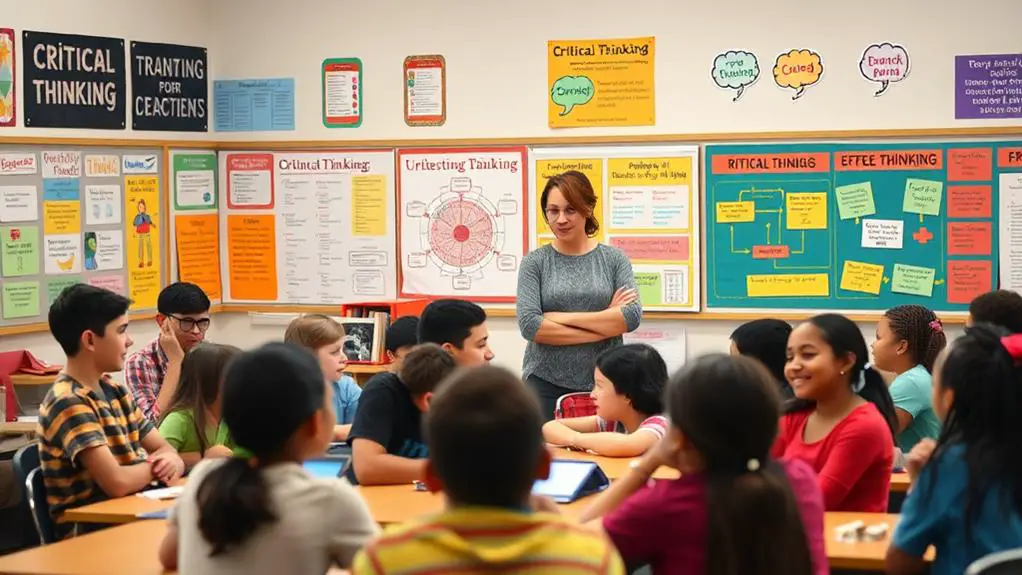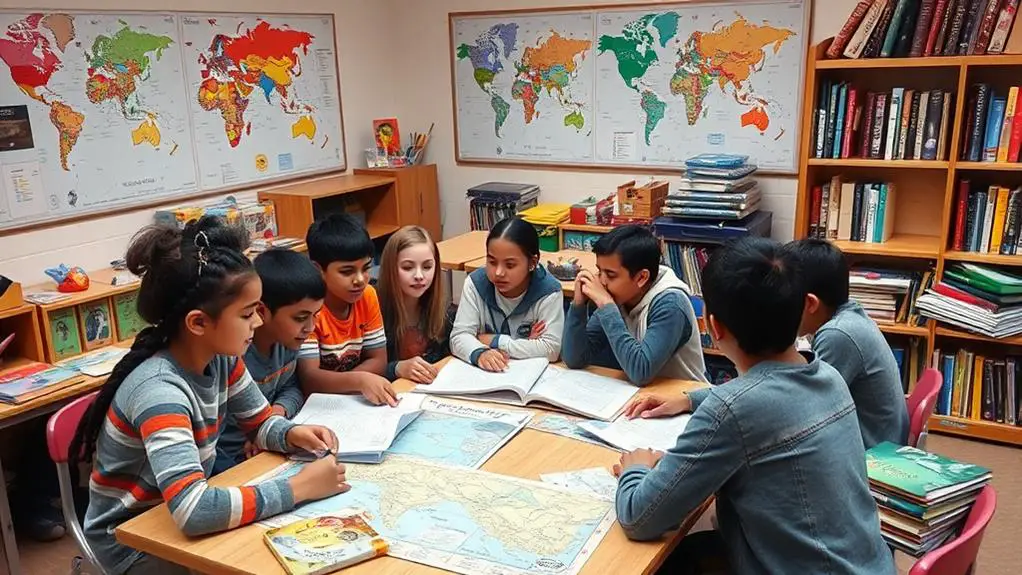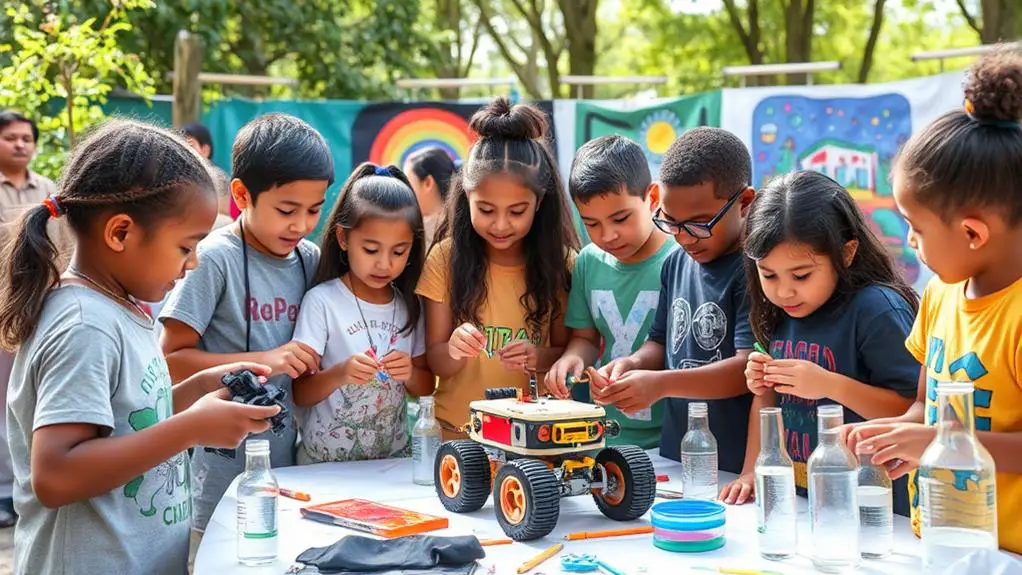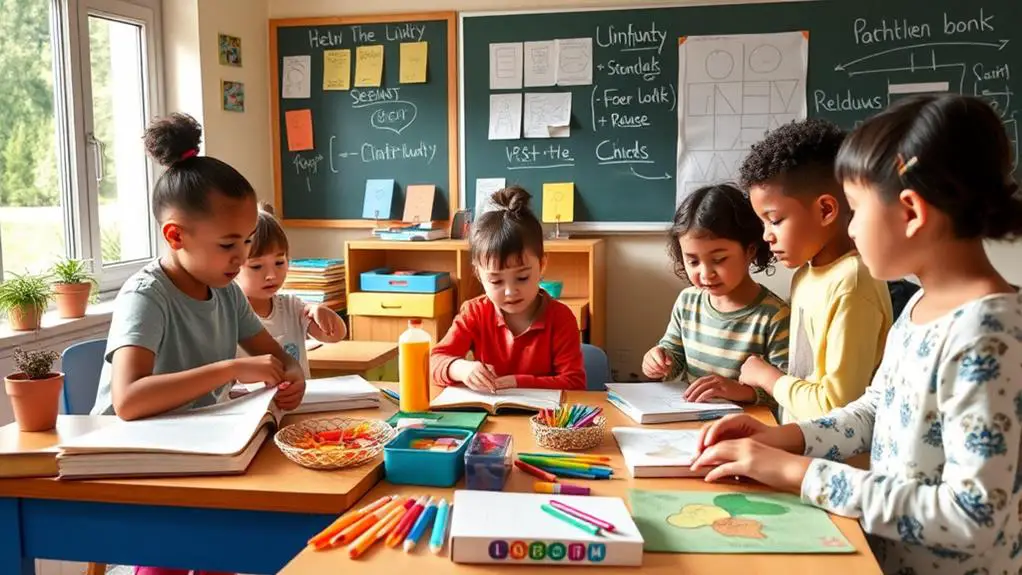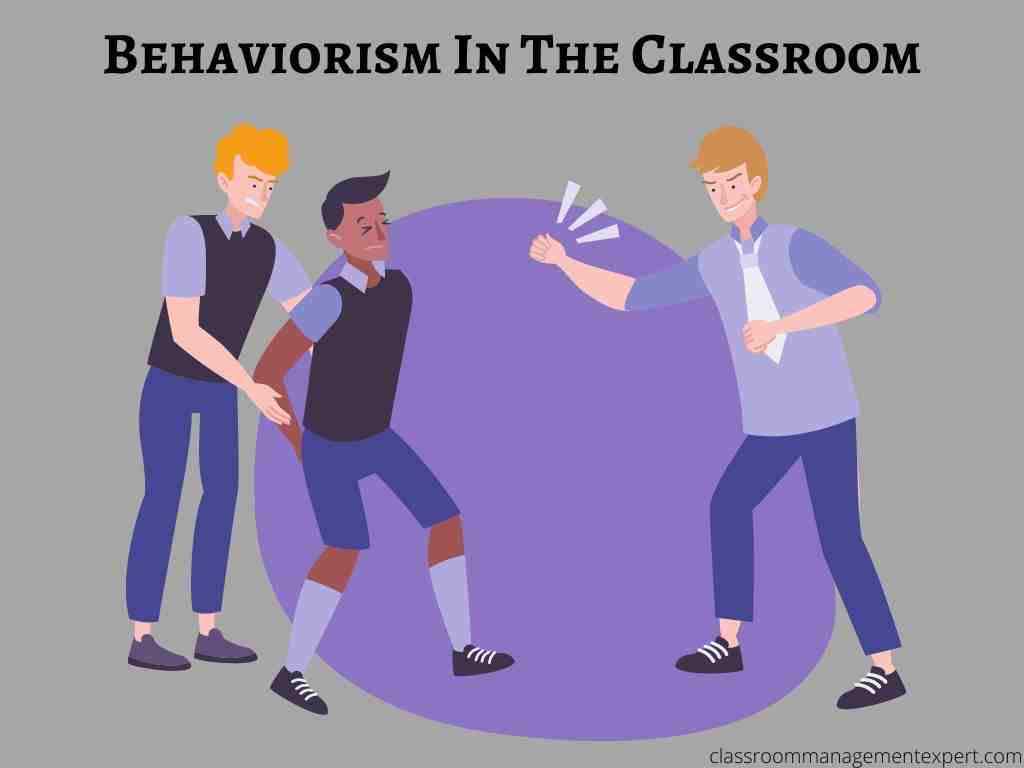When it comes to education, we all want the best for our children. We want them to have positive role models and experiences, and we want to do everything we can to help them succeed. But what about those who came before us? What did they do to set the stage for today’s educators?
20 Reasons Why Role Models are Important in Education?
1. They provide a role model for students to look up to and aspire to.
Role models in education are incredibly important. They provide a role model for students to look up to and aspire to. They offer hope and inspiration and can help students develop positive habits and strengths. Some of the most famous role models in history include scientists, politicians, athletes, etc. However, any person can be a role model for someone else if they have the right qualities. For example, a teacher could be a great role model for their students if they are patient, caring, and provide clear instructions.
2. They help students learn how to behave in a professional setting.
Role models in education are essential to helping students learn how to behave in a professional setting. They provide an example of how to act and carry themselves, which can be invaluable when starting out in a career. Role models can also help students develop a strong work ethic, as they see the importance of completing tasks on time and following through with commitments. Ultimately, role models in education help students develop the skills they need to succeed in any field.
3. They can help students develop healthy personal habits.
Role models in education are important for a number of reasons. First, they can help students develop healthy personal habits. Second, they can provide inspiration and guidance to students as they pursue their educational goals. Third, role models can demonstrate what is possible and how to achieve success in life. Finally, role models can provide comfort and support to students when times are tough. All of these factors can have a profound impact on students’ lives, both academically and personally.
4. They can provide guidance on how to deal with difficult situations.
Role models in education are essential for providing guidance on how to deal with difficult situations. They can provide examples of how to handle difficult situations, offer words of encouragement, and help teach children about appropriate ways to behave. Throughout their lives, children will encounter many different types of situations. If they have role models that they can look to for guidance, it will make the process of dealing with difficult situations much easier.
5. They can teach students about important life values.
Role models in education are oftentimes the people who have accomplished the most in their lives. They can teach students about important life values such as hard work, determination, and responsibility. Oftentimes, these role models will share their experiences with their students to help them learn from their mistakes. By listening to and learning from these role models, students can develop a stronger set of personal values that will help them succeed in life.
6. They can provide advice on how to succeed in life.
Role models can provide advice on how to succeed in life. They can also show students how to work hard and be responsible. Some of the most famous role models are athletes, politicians, and scientists. These people have shown students that it is possible to achieve great things even if they have difficulty starting out. By following in the footsteps of these role models, students can learn valuable life skills that will help them succeed in any situation.
7. They can show students how to be responsible citizens.
Role models in education are extremely important because they can show students how to be responsible citizens. Many times, when students see someone who is successful, they want to emulate that behavior. However, it is also important for students to see different kinds of success so that they can learn from the mistakes made by others.
A good role model in education will demonstrate both professional and personal qualities, which will help students learn how to be successful in both their professional and personal lives.
8. They can help students develop a positive self-image.
Role models play an important role in education. They can help students develop a positive self-image. They can also teach them how to behave in different situations. By following in the footsteps of a positive role model, students can learn how to be successful in their own life.
9. They can help students become better problem-solvers.
Role models in education are important for two reasons. First, they can help students become better problem-solvers. Second, they can provide guidance and support during difficult times. When students have role models to look up to, they are more likely to achieve success in their educational endeavors.
10. They can encourage students to think critically and creatively.
Role models in education can encourage students to think critically and creatively. They can also provide guidance and support as students explore new areas of interest or challenge themselves further in their current academic pursuits. In addition, role models can serve as positive examples for students to follow.
11. They can develop a sense of teamwork and cooperation within a classroom setting.
Role models in education are important because they can help develop a sense of teamwork and cooperation within a classroom setting. They can also help teach students how to be responsible adults, how to behave respectfully, and how to behave ethically.
By having role models in the classroom, students can learn from experience and hopefully become better people overall.
12. They can show students how to be responsible for their own education.
Role models in education are vital for young students. They can show students how to be responsible for their own education and what it takes to achieve their goals. For some, a role model may be someone they look up to or admire. Other students may find role models through teachers or other adults in their lives. Regardless of the source, these individuals can provide invaluable guidance and support as they strive to become successful adults.
13. They can help students develop discipline skills and habits.
Role models in education are important for a variety of reasons. First, they can help students develop discipline skills and habits. Second, they can provide guidance and support when students are struggling or facing difficult situations. Finally, role models can inspire students to pursue their dreams and goals. By providing support and guidance, role models can help students reach their full potential.
14. They can help students learn about different cultures and religions.
Role models in education can play a very important role in helping students learn about different cultures and religions. Teachers can use role models to help students understand the customs and traditions of other countries, as well as the religious beliefs of different groups of people.
Additionally, role models can provide students with examples of successful people who have overcome difficult challenges. By learning from these individuals, students are more likely to achieve success in their own lives.
15. Role models provide an important example for students to follow, both in their personal lives and in the classroom setting.
Role models provide an important example for students to follow, both in their personal lives and in the classroom setting. They provide a model for proper conduct and can help foster a love of learning. As students observe the appropriate behavior exhibited by their role models, they are more likely to adopt similar attitudes and behaviors in their own lives. In addition, role models can provide guidance and support when it comes to educational endeavors.
By following the advice of positive role models, students are more likely to succeed in school and in life.
16. Role models can help to establish a positive school culture.
Role models can play an important role in establishing a positive school culture. When students see positive examples of behavior, they are more likely to adopt similar attitudes and behaviors. This can encourage a sense of community and support within the school environment, which can lead to increased academic achievement.
A good role model can also provide guidance and support during difficult times. When students have someone they can look up to, they are more likely to find strength in the face of adversity. This can help them develop resilience and learn how to manage stress effectively.
In short, role models are essential for creating a positive school culture. They provide inspiration and guidance for students from all walks of life, helping them to develop strong character traits that will serve them well throughout their lives.
17. Role models can play an important role in shaping the future of our world.
Role models can play an important role in shaping the future of our world. They provide us with an example to follow and often provide us with the skills and knowledge we need to succeed in life. A good role model can show us how to be successful in school, work, or any other area of our lives. They can also teach us about honesty, hard work, and perseverance. In short, a good role model can help us to become the person we want to be.
18. A role model can help children form healthy relationships and develop a strong sense of self and identity.
Role models in education can help children form healthy relationships and develop a strong sense of self and identity. They can provide guidance, support, and positive role models. A role model can help a child learn about themselves and their abilities. They can also teach values, morals, and skills that will help them succeed in life. When a child has a strong sense of who they are and what they want to be, they are more likely to succeed in school and in life.
19. A role model can serve as a mentor and guide children through the challenges of adolescence.
In today’s society, it is more important than ever for children to have role models in their lives. A role model can serve as a mentor and guide children through the challenges of adolescence. Some of the key benefits of having a role model are that they can provide direction, encouragement, and support during difficult times.
They can also offer insight and knowledge about various topics, which can help young people grow in their personal and professional lives. Ultimately, having a good role model is essential for developing healthy attitudes and habits, both inside and outside of the home.
20. Encourage a love of learning
Role models in education are incredibly important for a number of reasons. They can encourage a love of learning in young students, and they can also help older students remember the importance of learning. Furthermore, role models can provide guidance and support to students as they progress through their education.
In short, role models in education can have a significant impact on the lives of young people.
Who Were Some of the Most Impactful Role Models in Education?
Some of the most impactful role models in education have been educators such as Dr. Martin Luther King, Jr., Maya Angelou, and Eleanor Roosevelt. These educators helped change the way people view education and helped push for social justice. Other notable role models in education include scientists like Albert Einstein and a businessman like Bill Gates, athletes like Michael Jordan and LeBron James, and a politician like John F. Kennedy.
Check out more of our articles in our blog page.
Conclusion
It’s important for us as educators to remember that we are not alone. There have been many great educators who have come before us, and we can draw inspiration from their work. By encouraging our children to follow in their footsteps, we can create a better future for ourselves and our students.


